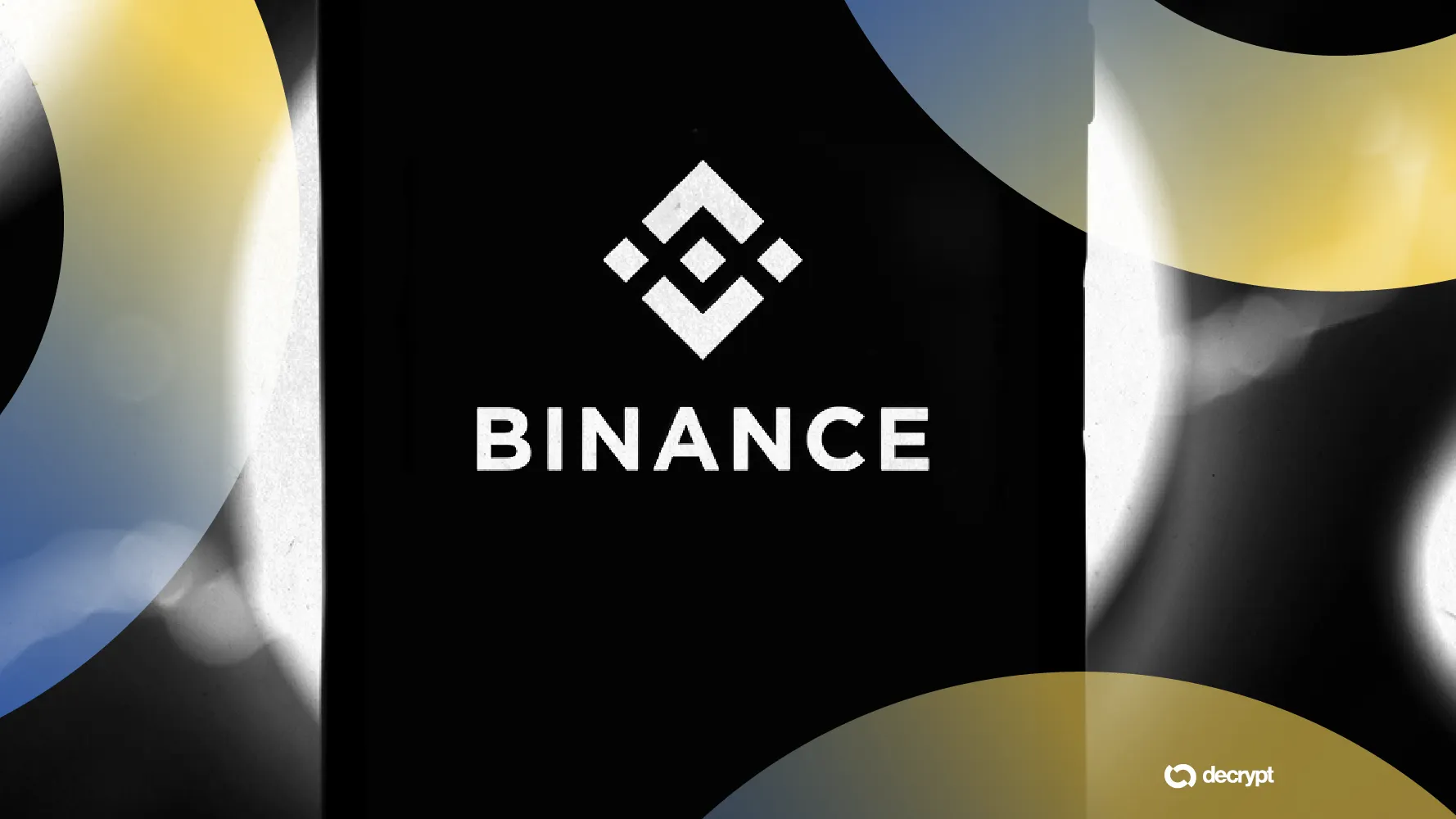In brief
- Spanish bank BBVA will hold client funds in U.S. Treasuries, accepted by crypto exchange Binance as collateral for trades.
- The arrangement follows Binance's $4.3 billion U.S. fine and FTX-driven demand for independent custody.
- Analysts say the move signals growing institutional trust and a maturing market infrastructure.
Binance has tapped Banco Bilbao Vizcaya Argentaria (BBVA), Spain's second-largest bank by assets, to hold client collateral off the exchange in its most prominent custody deal yet.
Through the partnership, traders can keep collateral such as U.S. Treasuries with BBVA, which Binance will accept as margin for trades, according to an initial report from the Financial Times citing persons familiar with the matter.
The deal would potentially put one of Spain's biggest banks at the center of Binance’s custody network. BBVA holds about €772 billion in assets (US$835 billion).
The arrangement with BBVA is structured so that funds remain with the bank rather than the exchange. While it qualifies as a custody arrangement, the specific mechanism involves BBVA holding client funds in the form of U.S. Treasuries, which Binance accepts as margin for trades.
The move comes as major global crypto exchanges expand their use of independent custodians to rebuild trust after FTX’s 2022 collapse. For Binance, it follows the fallout of a $4.3 billion U.S. penalty for anti-money-laundering failures in 2023, as well as the conviction and brief imprisonment of its founder, Changpeng Zhao.
“This is one of the clearest signs yet that crypto market infrastructure is maturing to TradFi standards,” Pauline Shangett, chief strategy officer at non‑custodial crypto exchange ChangeNOW, told Decrypt.
A "non-trivial improvement" in trust
From a market structure perspective, the custody of traders' margin in U.S. Treasuries held by a major regulated bank like BBVA “introduces a level of segregation and safety that crypto venues have historically lacked,” Shangett said.
“It reduces exposure to the exchange’s operational risks and brings crypto trading margins closer to the same protections you'd expect in traditional derivatives markets,” she explained. “In an industry where counterparty blowups have erased billions overnight, that’s a non-trivial improvement in trust.”
Binance and BBVA’s move “signals market maturity,” Giorgia Pellizzari, head of custody at Hex Trust, told Decrypt. “Holding client collateral in highly liquid, low-risk instruments such as U.S. Treasuries meaningfully reduces counterparty risk and strengthens trust in trading venues.”
More broadly, a shift in how crypto platforms manage risk and trust is also underway, according to Han Qin, CEO of tokenized equity platform Jarsy.
“Parking crypto margin in U.S. Treasuries with a regulated bank is as close as you get to a safety net in this industry: it won't erase all risk, but it raises the floor on trust,” Qin told Decrypt.
BBVA’s move with Binance “shows big banks aren't just watching crypto anymore—they're looking for ways to plug in where TradFi safety meets digital asset growth,” Qin said.
Over the past year, BBVA has deepened its crypto footprint. Last month, it became the first traditional bank in Spain to offer Bitcoin and Ethereum trading and custody to retail clients, following a MiCA license from the country’s financial markets regulator in March.

